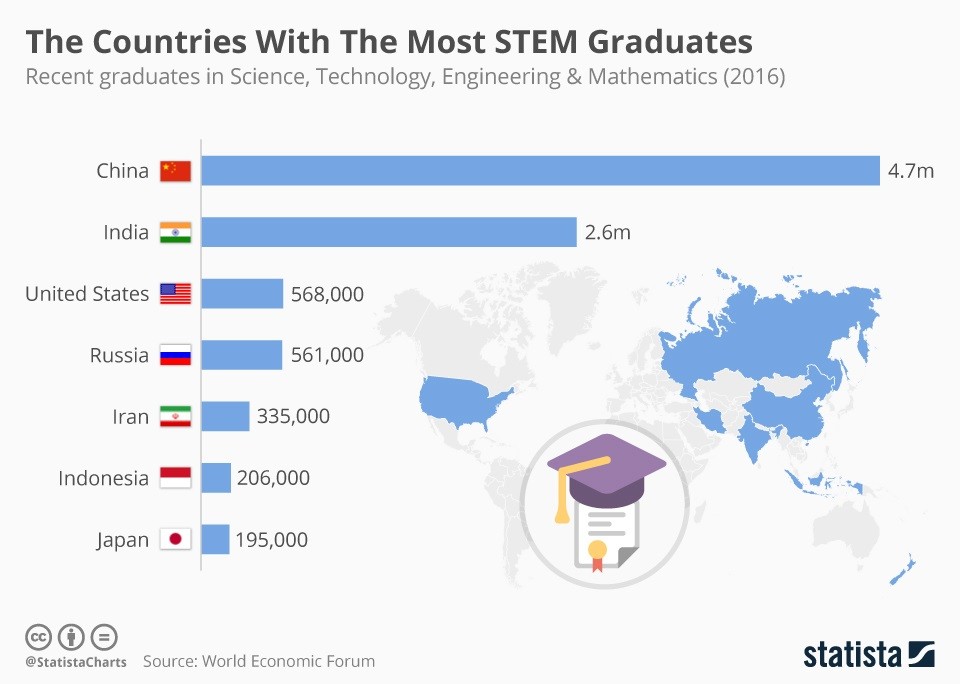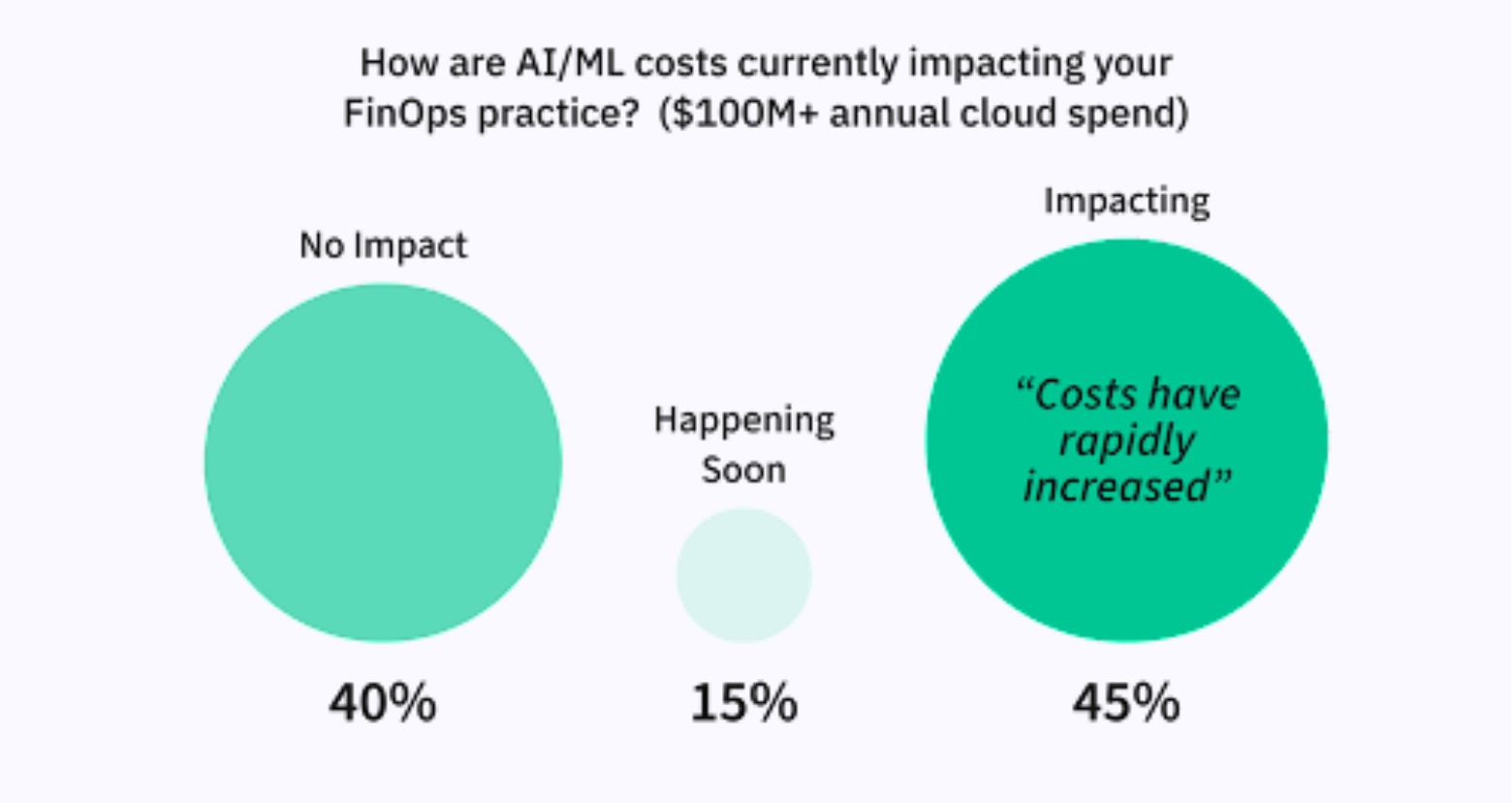Washington bureaucrats demonstrate growing fears that China’s developments in the field of artificial intelligence (AI) should be controlled by protective measures such as banning Chinese companies from investing in Silicon Valley. A report by Reuters says that the U.S. government wants to reinforce the role of the Committee on Foreign Investment in the United States (CFIUS), the inter-agency committee that reviews foreign acquisitions of U.S. companies on national security grounds. Gaining access to sensitive technology, however, will not prevent China from developing AI and Machine Learning technologies that would give noticeable competitive advantage to Chinese companies across a variety of industries.
In the past decade, Chinese enterprises have acquired a number of high-tech US businesses including IBM’s PC business and Motorola’s mobile division. Sources close to the deals claim that no sensitive technology was subject to any of those deals; nonetheless, China has acquired a good number of technology patents during the past years and invests heavily in local research facilities. Blocking Beijing’s access to technology investments in the US is a palliative solution. It will not prevent China from developing advanced AI and deep learning technologies based on already acquired tech assets.
Baidu Inc., China’s answer to Google, collaborates with the country’s state planner, the National Development and Reform Commission, in researching AI technologies in a newly launched AI lab. Baidu purchased U.S. computer vision firm xPerception, a maker of vision perception software and hardware with applications in robotics and virtual reality, only a month later. Their aim is transparent: becoming a leading force in the field through both acquisitions and proprietary research.
Just look at the figures. About 4.7 million Chinese have graduated recently in Science, Technology, Engineering and Mathematics (STEM). India occupies the second place with some 2.6 million graduates. The United States has 568,000 specialists who studied and graduated in STEM recently. This is not only a matter of demographics but also a result of a well-thought state policy. Sure, China and India need foreign technology to boost their progress in cutting-edge technologies, but they also invest heavily in educating a new generation of researchers and engineers.

China is also investing in fields like autonomous vehicles, drones, Internet of Things (IoT) devices and complex networks. They have visible progress in some fields while trailing other countries in technologies like drones and autonomous cars. While some of those technologies have military use, which is making nervous top brass in Washington, others are crucial for developing AI and machine learning applications that will power future IoT networks and will have varied use across growing number of virtual reality applications. Robotics is another field where China does not need foreign help anymore.
 Chinese companies have invested some $700 million in US-based AI companies but domestic investment in AI research and development is in the range of billions of US dollars. Undoubtedly, the US has lead the pack in early AI research but China is mimicking Japan’s policy of acquiring foreign tech knowledge and then adopting it domestically – a policy the made Japan a leading industrial force after the World War Two. Now, at stake is not industrial development but development of advanced AI and machine learning technologies that will make any nation a leading force in a knowledge-based global economy.
Chinese companies have invested some $700 million in US-based AI companies but domestic investment in AI research and development is in the range of billions of US dollars. Undoubtedly, the US has lead the pack in early AI research but China is mimicking Japan’s policy of acquiring foreign tech knowledge and then adopting it domestically – a policy the made Japan a leading industrial force after the World War Two. Now, at stake is not industrial development but development of advanced AI and machine learning technologies that will make any nation a leading force in a knowledge-based global economy.
Kai-Fu Lee, founding president of Google China, says in an interview with Forbes that the country is home to some 43 percent of the world’s trained AI scientists. Some would argue that the best talent in the field of AI and machine learning reside in the US and Europe but it is only a matter of time before Chinese researches are able to compete on equal terms with their peers abroad. Furthermore, a good number of China’s AI researchers study in the West or are being trained by leading companies like Microsoft and Google. Add state support for AI technology development and you get the broader picture. Whatever measures Washington takes, China is emerging as a leading nation in the field of AI and other countries should compete with them by investing in advanced technologies, not by introducing restrictive policies.
By Kiril Kirilov





